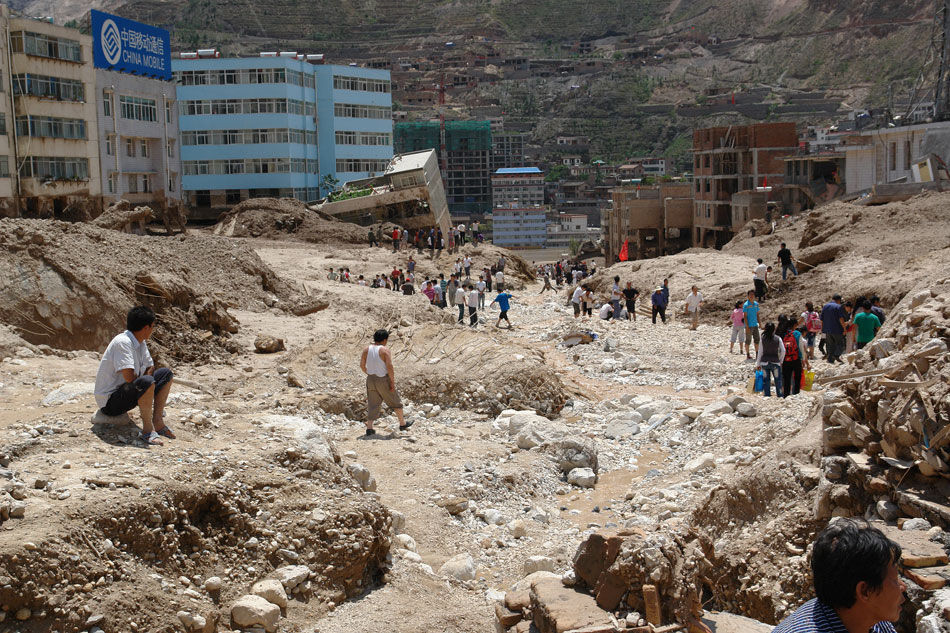By Roslyn Hees, Senior Advisor, Transparency International Secretariat
Climate change will increase emergency response requirements through both higher frequency and intensity of weather-related disasters, which account for 90% of natural disasters. By 2014, 375 million could be affected by climate-related disasters every year, triple the average number in1980.
The resulting loss of agricultural production and food supplies, economic infrastructure, fresh water sources and shelter will necessitate ever larger amounts of humanitarian aid. It has been estimated that international spending on humanitarian aid related to climate change will grow by at least 134% in real terms over the next 20 years.
Natural disasters occur predominantly in areas with chronically poor populations, fragile institutional capacity and endemic pre-crisis levels of corruption. Almost all the countries considered potential climate-change hot-spots by the World Bank score poorly as regards government effectiveness and levels of perceived corruption.
The sudden injection of substantial amounts of aid resources into such vulnerable environments and the strain this puts on the systems of both humanitarian aid agencies and recipient countries presents particular temptations and opportunities for corruption. These strains will only grow as weather-related disasters expand due to climate change.
Transparency International published recently a Handbook and companion Pocket Guide of Good Practices for Preventing Corruption in Humanitarian Operations, available in English, French and Spanish. These publications identify the corruption risks that can affect the various stages and functions of humanitarian operations and offer a range of policies, systems and practices that can help mitigate these risks.
Corruption still remains virtually a taboo topic in the humanitarian and climate change communities. Breaking this taboo through open discussion of corruption issues and building the analysis of corruption risks into disaster preparedness can help anticipate and prevent such risks. Greater aid transparency, essential to the on-site monitoring key to effective control systems, can strengthen the integrity and accountability of the increased humanitarian aid that will be needed to mitigate the impact of climate change.
TI’s national chapter in Haiti, La Fondation Heritage pour Haiti, is developing a project for local civil society organisations and emergency-affected communities to monitor corruption risks on the ground of humanitarian aid programmes
Tomorrow, my colleague Nicolas Seris will talk about the impact of climate change in Kenya, where the handbook was launched last month.

















 Connect with us on Facebook
Connect with us on Facebook Follow us on Twitter
Follow us on Twitter